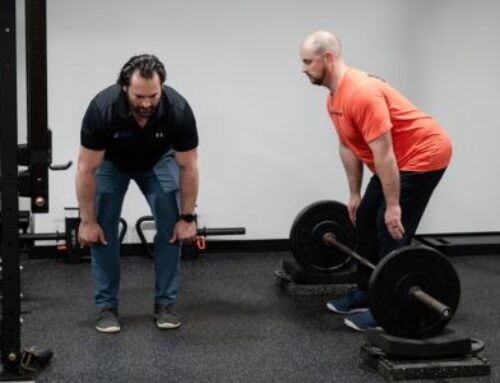Carpal Tunnel Syndrome can significantly impact daily life, but relief may be found in the skilled hands of a professional massage therapist. In today’s fast-paced world, many of us find ourselves constantly engaged in activities that involve repetitive hand and wrist movements. This can lead to conditions like carpal tunnel syndrome (CTS), causing discomfort and pain. Incorporating massage into your routine can offer additional relief. In this blog, we explore the benefits and considerations of incorporating professional massage therapy into your carpal tunnel management plan.
Understanding Carpal Tunnel Syndrome:
Carpal tunnel syndrome is a condition where the median nerve, which runs from the forearm into the palm of the hand, becomes pressed or squeezed at the wrist. This can result in pain, numbness, and tingling in the affected hand and fingers. For individuals with carpal tunnel syndrome, massage therapists can play a crucial role in alleviating symptoms, as it involves targeted techniques to address specific musculoskeletal issues.
Benefits of Massage for CTS:
-
Precise Targeting: Trained therapists can identify and target specific muscles, tendons, and ligaments contributing to CTS symptoms.
-
Customized Treatment Plans: Each individual’s condition is unique. Your massage therapist can create personalized treatment plans based on the severity and specific symptoms of the client.
-
Increased Circulation: Massage stimulates blood flow, promoting better circulation to the affected areas. Improved circulation aids in reducing inflammation and supporting the healing process.
-
Trigger Point Therapy: Therapists can utilize trigger point therapy to release knots and tension in muscles, addressing contributing factors to CTS.
-
Joint Mobilization: Techniques like joint mobilization can enhance flexibility and reduce stiffness in the wrists and hands. Gentle stretching during massage sessions can also enhance flexibility and reduce stiffness in the affected areas.
-
Release of Entrapped Nerves: Tense muscles can exacerbate CTS symptoms. Massage helps relax muscles, alleviating pressure on the median nerve. Your therapist will use techniques which help relax muscles, alleviating pressure on the median nerve. They can target specific points to release entrapped nerves, providing relief from pain and discomfort.
What to Expect During a Massage Session:
-
Consultation: A thorough discussion with the massage therapist about your medical history, symptoms, and goals for treatment.
-
Assessment: The therapist may perform a physical assessment to identify areas of tension, weakness, or imbalance.
-
Tailored Techniques: Based on the assessment, the therapist will use a combination of techniques such as Swedish massage, deep tissue massage, and myofascial release tailored to your needs.
-
Post-Massage Recommendations: Therapists often provide advice on self-care, including stretches and exercises to maintain the benefits of the session.
Self-Massage Techniques for Carpal Tunnel Relief:
-
Wrist Flexor Massage: Gently massage the muscles on the inner side of your forearm, moving from the wrist towards the elbow
-
Thumb Massage: Apply circular pressure to the base of your thumb, gradually working your way up towards the wrist
-
Finger Stretching: Gently pull each finger individually, holding for a few seconds to stretch the ligaments and tendons
-
Palmar Massage: Massage the palm of your hand in circular motions, paying attention to any tender areas.
Considerations and Precautions:
-
Always inform your massage therapist about your medical history, including any diagnosed conditions or ongoing treatments.
-
If you experience pain or discomfort during the session, communicate with the therapist immediately.
-
Always consult with a healthcare professional before starting any self-massage routine, especially if you have a severe or persistent condition.
Conclusion:
Professional massage therapy and at home techniques can be a valuable component in managing carpal tunnel syndrome, offering targeted relief and promoting overall hand and wrist health. When integrated into a comprehensive treatment plan, the healing touch of a skilled therapist can contribute to improved well-being and enhanced quality of life for those navigating the challenges of CTS.
If you have been experiencing symptoms of CTS and are looking for relief, click here to book with one of our LMTs today.





